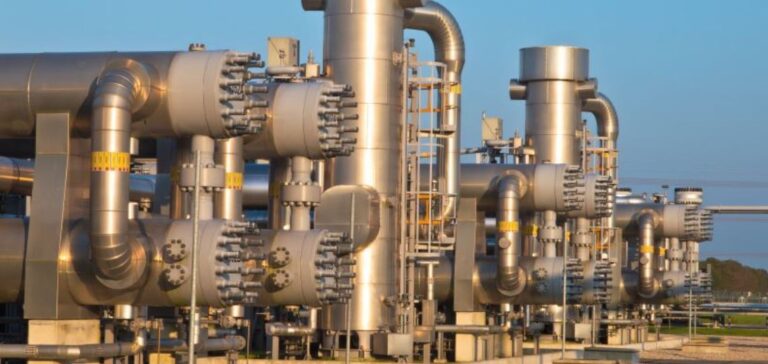Thanks to new government incentives for the transportation sector, renewable natural gas (RNG), or biomethane, has seen phenomenal growth in 2022, with 60 million cubic feet per day (mmcfd) of new production capacity added, according to a new report from Wood Mackenzie.
Renewable natural gas is gaining in popularity in North America with low carbon emissions.
According to the “North American renewable natural gas state of the market” report, the number of RNG projects has doubled over the past five years, and 66 future projects have been announced for 2022.
Overall, the North American market size is 385 mmcfd, led by states such as Texas (62 mmcfd), California (33 mmcfd) and Pennsylvania (33 mmcfd). Activity was boosted by recent mandates and incentives to reduce greenhouse gas emissions, including Investment Tax Credits (ITCs) in the Inflation Reduction Act for RNG development and low-carbon fuel programs in the EPA’s Renewable Fuel Standard program.
“RNG has become more popular, as it can be five times less carbon-intensive than natural gas projects and helps to significantly reduce emissions when used for transportation fuel,” said Natalia Patterson, senior research analyst at Wood Mackenzie. “It is estimated that more than half of RNG production is consumed as fuel for natural gas vehicles.”
Landfills account for most of the capacity by feedstock due to methane emissions, but animal waste management projects are on the rise, followed by food waste and wastewater treatment projects. Despite recent growth, the RNG market currently represents just 0.5% of the North American natural gas market. Yet, with continued policy support and technology development, Wood Mackenzie forecasts that it will reach 3% of the market by 2050, for a total of 4 billion cubic feet per day.
“There are opportunities for a new policy framework to stimulate activity in the sector, but we will also need to see voluntary efforts, particularly from industry, as more companies commit to low-carbon initiatives,” said Patterson. “Growth in the industrial sector could eclipse traditional demand for RNG in the transport sector.”






















